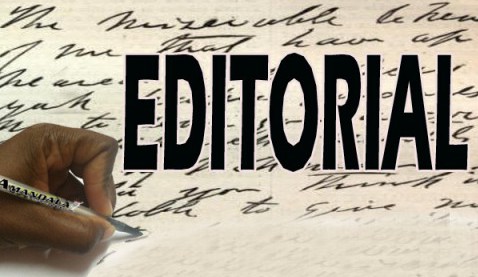The admission by the United States Embassy in Belize that they have been financing Caleb Orozco and the UNIBAM gay agenda clarifies a couple incidents for us. The incidents which took place in two known gang areas on Belize City’s Southside may now be seen as attempts by Orozco and UNIBAM to provoke attacks against themselves in order to provide evidence of violent homophobia in Belize. In one incident, Orozco was assaulted and injured in the George Street Bloods area, and in other incidents, a transgender guest of Orozco’s, a male dressed as a female, was chased by groups of youth in a Vernon Street Crips neighborhood.
The status quo in Belize before UNIBAM’s campaign to change the buggery law was one in which homosexuals had become so powerful that it was really as if that activity was de facto legal. In the last fifteen or twenty years, we can only recall two or three barely publicized incidents where homosexuals or lesbians were arrested by public officers, and these were people engaged in homosexual behavior in public places. Homosexual activity, once it is being carried on in private locations, is never disturbed in Belize. Marijuana smokers, at the seeming behest of the United States government, are targeted and hounded in Belize: homosexuals are not.
Our sense has been that older homosexuals here were comfortable with the status quo which prevailed in Belize in this third millennium, but a number of younger Belizean gays were not. They wanted homosexuality to become legalized, so that the threat of arrest and prosecution did not exist. Militant opponents of homosexuality suspected that the aggressive younger gays wanted more than mere legality: they were really aiming at public displays of their lifestyle, same-sex marriage, and worse.
At this newspaper, we have watched how powerful homosexuals have become over the decades in all aspects of Belizean life, and it has disturbed us. The power realities have been such, however, that there was nothing much that we could do. The homosexuals were closet homosexuals. They pretended to be “straight.” The streets knew who and what they were, but respectable society either did not know or pretended not to know. And Belize is run by respectable society. In respectable society, homosexuality had become entrenched and formidable. The Belizean streets were, on principle and from foundation, very much opposed to homosexuality, but, again, there was nothing much to be done. In the live-and-let-live climate which prevailed, the gays practically ran Belize. Or, so it appeared sometimes.
The issue which UNIBAM raised, out of the blue, was, at core, the issue of coming out of the closet. Older gays had become comfortable with the closet. They were hesitant to rile up the streets. Younger gays were more aggressive, felt more entitled, and they were, now we know, being financed by the most powerful government in the world to force their gay agenda on Belize.
In the matter of all the gender classifications, descriptions and debates which have been taking place the last couple of years, this newspaper has to plead a level of ignorance at the editorial level. We have ignored the sharp public exchanges which were provoked by controversial material being introduced into the schools through various mechanisms. At this newspaper, we had and have fundamental and abiding issues with the curricula in our school system; we had and have serious issues with the very nature of Belize’s church-state education system. Belize’s church-state education system has perpetuated white supremacy and racist mental colonialism with nary a word of criticism from our respectable society. That same respectable society went up in arms, however, when gender issues entered the curricula. White supremacy was fine: gender adventures were not. This newspaper turned away in frustration.
The streets are where the masses of the Belizean people survived slavery and colonialism. In the streets, we know what our roots morals and beliefs are. We watched homosexuality thrive and grow in Belize under the rule of respectable society. We were not happy with it, but we knew our place. When respectable society, the same people in Belize who were cheering on the American-financed police campaign against marijuana, began to quarrel over the American-financed gay rights agenda, the streets stood to one side and were silent. Respectable society in Belize has entered legal and political gridlock on the UNIBAM matter. In the streets, our position is that we will do what we have to do when we have to do it.
Power to the people.

